Parisian health hacks are trending - 6 nutritionist-approved ways to channel your inner French girl and boost wellbeing
Profiter de la vie...

Ah, to be French. Every time I visit Paris, I dream of what living there would be like - and while I'm sure the reality is nothing like the pastry-filled, rose-tinted utopia that I envisage, research has proven that centring your habits around things that bring you joy not only boosts your mental wellbeing, but means you're more likely to stick to said habits, too. Enter stage right: this nutritionist-approved guide to French health hacks.
While it's not all baguettes, red lipstick and crisp white shirts - far from it - French women are renowned globally for having a pretty laissez-faire approach to life and wellbeing. And not in the negative connotation of the term, either - many idolise the slow pace of Parisian life and mindful, balanced approach to diet and movement.
Stats back up this slower pace of living, alongside several cultural lifestyle norms like enjoying treats (read: red wine) in moderation and home cooking, actually make the French healthier than the rest of the world. Obesity levels in France are much lower than in the UK and US (17% compared to 26% and 36%, as per this study and the NHS website), not to mention "The French Paradox" highlights that the French have the lowest rate of heart disease in Europe.
So yep, we could all learn a thing or two from the French and the healthy habits that build their daily lives. To get the lowdown, we asked three of our go-to nutrition experts for their take. Bookmark this one for later...
Your guide to the French girl health hacks that promise to boost your mental and physical wellbeing
What is The French Paradox?
First things first - a bit more on “The French Paradox” and why French women are idolised when it comes to healthy, balanced living. According to nutritionist and co-founder of Ardere Lauren Windas, The French Paradox is the observation that French people have a relatively lower incidence of heart disease than some other Western countries, even though they enjoy diets high in saturated fats (we're looking at you, cheese and butter, for example. Nutritionist Lily Soutter adds that researchers found this interesting as their heart disease rates remain low despite the French diet having relatively similar intakes of saturated fat and higher intakes of alcohol.
In short, the French do many things that most experts agree are not good for your health, yet they appear to be slimmer and healthier than many of their European neighbours.
That's why, come the 1980s, researchers set about trying to understand how French people were managing to rock a diet high in saturated fats yet still dodging cardiovascular issues.
Marie Claire Newsletter
Celebrity news, beauty, fashion advice, and fascinating features, delivered straight to your inbox!
The key takeaways? It's a complicated one. The findings have been the cause of much debate in the nutrition world, with one 1999 study in the British Medical Journal calling the French paradox an illusion created by two statistical distortions. On the contrary, a further extensive 2006 review of 49,000 women conducted over eight years concluded that saturated fat might not actually increase your risk of cardiovascular disease at all.
That said, one thing's for certain - French obesity rates are still lower than the UK's, not to mention culturally, French women appear to have a much more laid-back approach to wellbeing. "French women as a whole are admired due to their perceived style, elegance and sophistication, and their association with French culture which has a rich reputation and a perception of being refined," adds Windas.
Keen to adopt some of that into your day-to-day? Keep scrolling for French health hacks that are nutritionist-approved.
1. Eat quality, nutrient dense food with a focus on minimal processing
As Windas points out, French cuisine typically emphasises balanced meals that include a variety of fresh and seasonal fruits, vegetables, lean proteins, whole grains, as well as dairy products. "The French are stereotypically fans of diversity rather than always eating the same foods on repeat," she explains. "This has positive knock-on effects to your gut microbiome - the more variety and diversity you include, the more you feed your healthy gut bacteria and, in turn, the more you boost your immune system, digestion, and blood sugar."
Nutritionist Uta Boellinger, founder of Canelle Nutrition, agrees, adding that it's something she recommends to all her clients. "Rather than focusing on calories or even macros, we should all focus on eating quality foods, whole foods and more home-cooked meals," she shares. "Processed foods often lose nutrients and contain additives which are detrimental such as sweeteners and preservatives."
Not sure you know what an ultra-processed food is? In short, it's any food product that has more than five ingredients. While these aren't damaging to your health in moderation, as Soutter explains, ultra-processed foods are highly altered from their original state, going through multiple processing methods, and are often high in sugar, salt and additives not usually used in home cooking. "Research has shown that on average over half (57%) of our energy intake in the UK comes from ultra-processed foods, with higher intakes of these foods being associated with a greater consumption of free sugars, saturated fats and a lower consumption of fibre, protein and some nutrients."
Enjoying meals and snacks made with nourishing, minimally-processed ingredients, on the other hand, has been proven to help with feelings of fullness, satisfaction, and provide a higher nutritional density. Sure, this might seem obvious, but it's something that the French do particularly well. "It goes without saying that if you lower your consumption of ultra-processed foods and eat closer to nature, then you'll lower your risk of various diseases including heart disease, obesity, type 2 diabetes and early death," Windas adds.
Not sure where to start? Try and include fruits, vegetables, nuts, seeds or pulses with every meal, the nutritionist recommends, and have a scroll of our go-to Deliciously Ella recipes and Glucose Goddess recipes, while you're at it.
2. Focus on movement > workouts
Now this one's interesting. As Windas explains, French lifestyles often focus on physical activity through day-to-day life such as walking, cycling or outdoor activities rather than gruelling HIIT workouts or home workouts. "There's plenty of research into this," shares Boellinger. "Little and often is always more effective than sporadic bursts and have a bigger impact on your health, not to mention these types of activities can easily be built into your existing routine and are easier to maintain than overwhelming New Year's resolutions."
Windas adds that the French have more of a cultural emphasis on physical movement being a part of their daily routines, meaning they're less reliant on a structured gym class or workout routine. And if you think about it, it's obvious that this is a more consistent, not to mention less intimidating, way of adding movement to your day-to-day.
Try this: Soutter recommends trying a walking meeting, using the stairs instead of the lift, or cycling instead of driving. Everything adds up.
3. Enjoy a glass of wine in moderation
While this one's been fiercely debated in the nutrition world and is widely accepted as something of a myth of The French Paradox (no, wine every day isn't going to boost your health, sadly), one thing it does highlight is the need for balance and moderation. As Boellinger explains, all food and drinks that you enjoy are important to consume in moderation as part of a healthy, balanced lifestyle. "If you’re active and eat a nutrient-dense diet, the chances are that your body can cope with a small amount of red wine," she shares.
Not to mention, of course, enjoying an alcoholic ever so often can reduce the likelihood of binge drinking, explains Windas.
Red wine in particular is rich in polyphenols, plant phytochemicals which have prebiotic effects and can support our cells against oxidative damage. "They're also thought to play a role in reducing the risk of heart disease," shares Soutter.
@manonlagreve ♬ original sound - Manon Lagrève
4. Indulge mindfully
In a similar vein to point one, French women are known for practising moderation in their food choices rather than following restrictive diets or eliminating certain foods - which is something that Team MC UK are very here for. "There's a focus on enjoying a diverse range of foods in moderate portions, following the principles of mindful eating."
Never heard of mindful eating? It's not as abstract as it sounds. "If you’ve ever polished off that packet of biscuits in front of the TV without realising, then you may have engaged in mindless eating," explains Soutter. "Mindful eating, instead, is about being aware of your eating habits and in turn identifying and respecting your hunger and fullness cues." She points out research that highlights mindful eating leads to feeling more satisfied with what you consume, therefore making overeating less likely.
That said, it's important to enjoy treats when you fancy - if your body is getting all the nutrients it needs from balanced meals, then it can also cope with small amounts of sugar, adds Boellinger. "Food is not just about nutrients - it's also about socialising, celebrating and connecting with friends and loved ones," she shares. Always make sure to enjoy less nutrient-dense foods if they're good for your mental health and soul - life is all about balance, after all.
One last point from Boellinger here: "The French are great at combining indulgent foods with nutrient-dense foods, too - for example, enjoying pasta or a burger with a salad starter first," she shares. This can be great for balancing blood sugar spikes as well as ensuring you get all the vitamins and minerals you need for optimal health."
5. Slow down
While this one is perhaps something of a generalisation, a common stereotype of French women often includes them taking their time while eating and embracing long lunches and meals with family, friends, or colleagues. "Enjoying meals together becomes an extended affair throughout the afternoon, which can contribute to an increased awareness of satiety signals rather than overeating," Windas highlights.
She's not the only expert who thinks slowing down is beneficial to our wellbeing, either - Boellinger stresses that this is absolutely key when it comes to our health. "The body is not designed to constantly be in fight or flight mode from rushing around and stressing all the time, and it means you won’t be able to properly digest and absorb nutrients from your food."
Try this: Try and relax and take your time when eating. You can thank us later.
6. Prioritise home cooking
Last but by no means least, Windas shares that French women are stereotypically quite adept in the kitchen with a great range of culinary skills. "Plus, the art of cooking is appreciated - the food culture in France is highly celebrated which places a strong emphasis on savouring and enjoying meals."
And this is good for our health, why? Well, it means more food awareness, which can foster healthier eating habits in general, shares the expert.
Now, important question - will you be giving any of these hacks a go?
Shop MC UK approved fit kit:
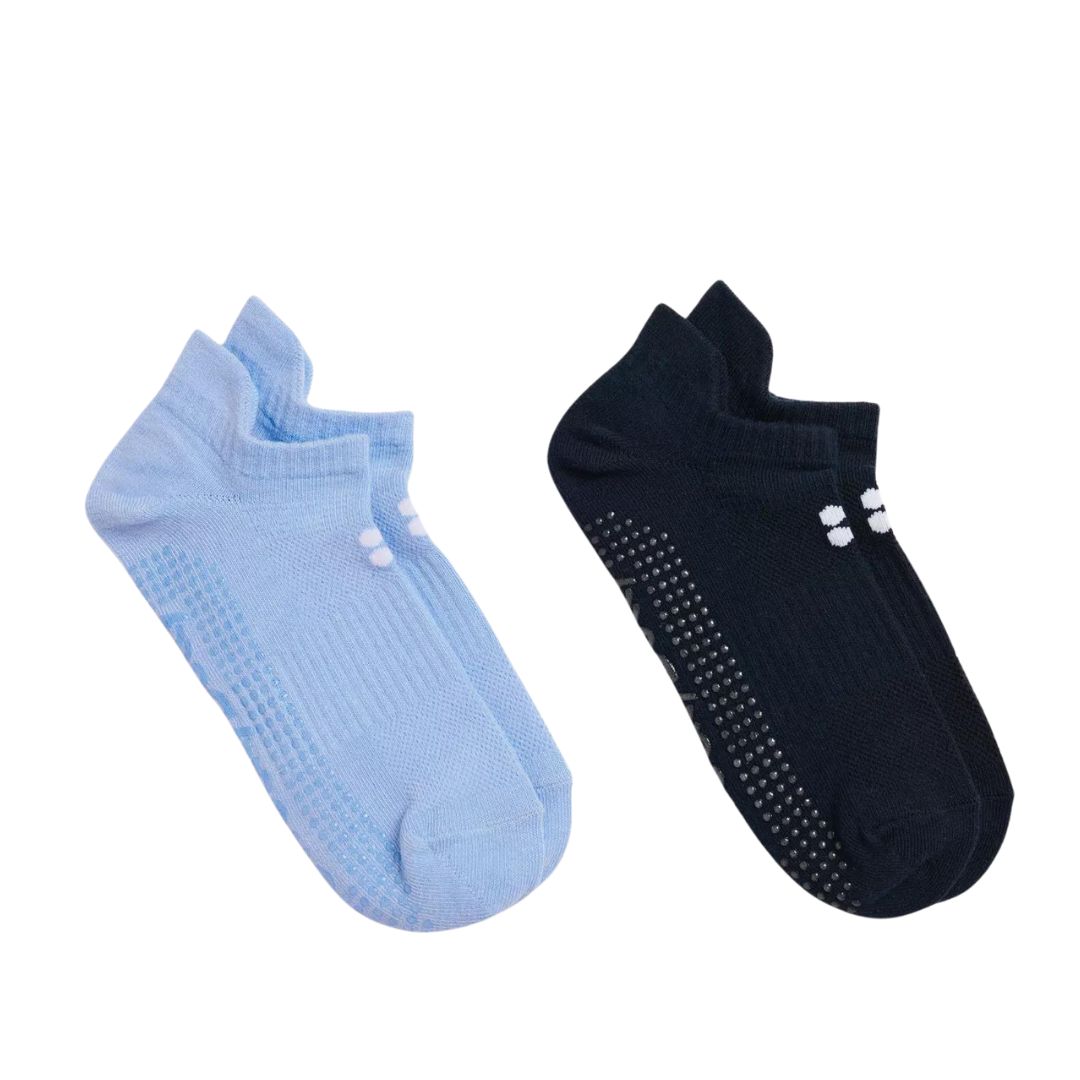
Pilates socks promise not only to help you improve your grip on the mat or Reformer machine, but also perfect your form and injury-proof your body. We love these bright and beautiful options from Sweaty Betty.

One of the best yoga mats out there, this Yogi Bare Pawsmat promises to make your home workouts, whatever way you might choose to move, cushioned and comfortable. Designed from all-natural rubber sourced from sustainable forest, it's sustainable, too.
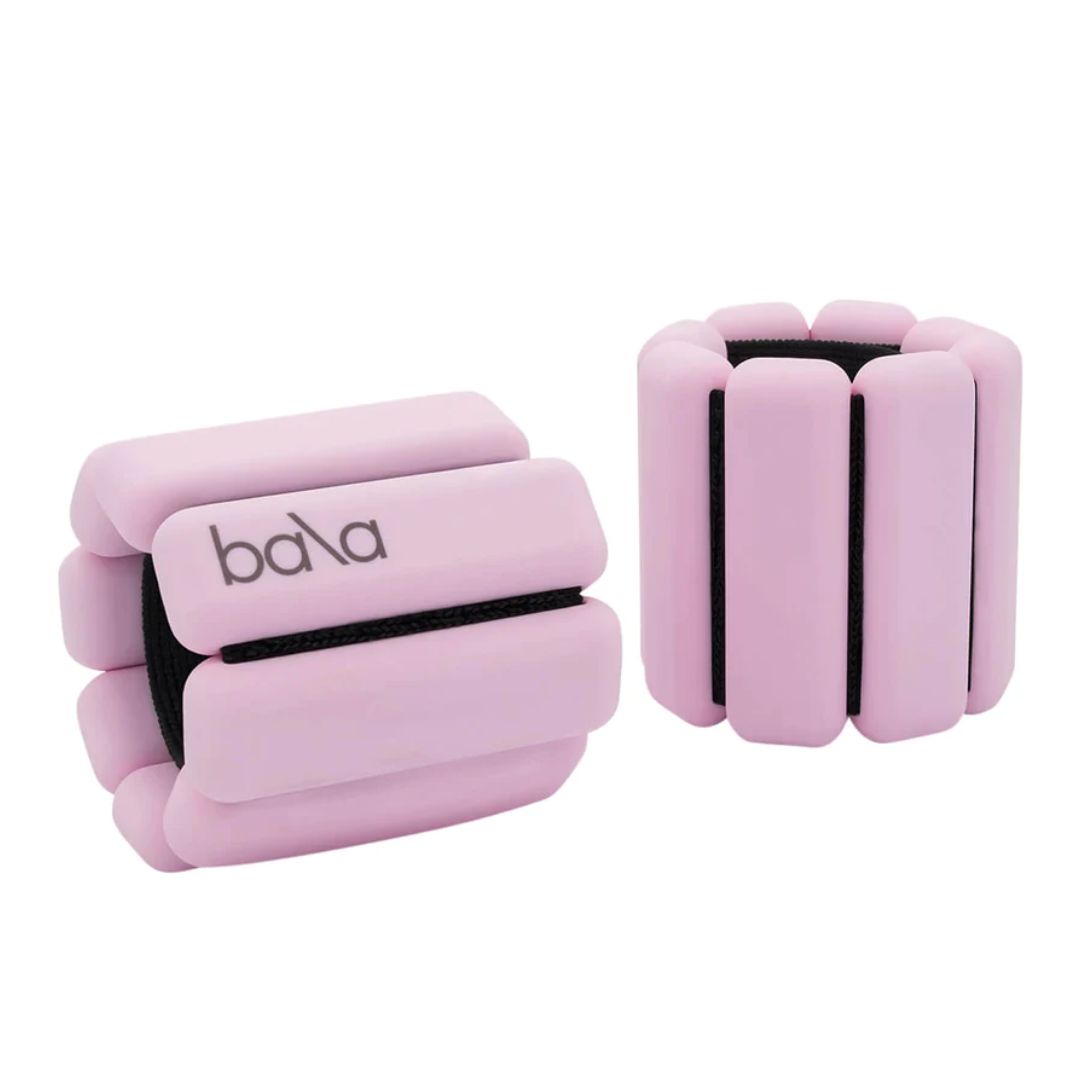
Last but by no means least, MC UK are big fans of the viral Bala Bangles - and for good reason. Though deceptively light, they add serious spice to any home Barre or Pilates session. Read one staffer's full Bala Bangles review here.

Ally Head is Marie Claire UK's Senior Health and Sustainability Editor, nine-time marathoner, and Boston Qualifying runner. Day-to-day, she heads up all strategy for her pillars, working across commissioning, features, and e-commerce, reporting on the latest health updates, writing the must-read wellness content, and rounding up the genuinely sustainable and squat-proof gym leggings worth *adding to basket*. She also spearheads the brand's annual Women in Sport covers, interviewing and shooting the likes of Mary Earps, Millie Bright, Daryll Neita, and Lavaia Nielsen. She's won a BSME for her sustainability work, regularly hosts panels and presents for events like the Sustainability Awards, and is a stickler for a strong stat, too, seeing over nine million total impressions on the January 2023 Wellness Issue she oversaw. Follow Ally on Instagram for more or get in touch.
-
 Vintage sales, flower festivals and unique brunches - 7 fun and frivolous things to do this bank holiday
Vintage sales, flower festivals and unique brunches - 7 fun and frivolous things to do this bank holidayBy Jadie Troy-Pryde
-
 How Ben Affleck feels about dating after his divorce from Jennifer Lopez
How Ben Affleck feels about dating after his divorce from Jennifer LopezHe's taking it slow
By Iris Goldsztajn
-
 Dior travels to Kyoto for a cherry blossom-inspired fashion show
Dior travels to Kyoto for a cherry blossom-inspired fashion showHere's everything you need to know
By Clementina Jackson
-
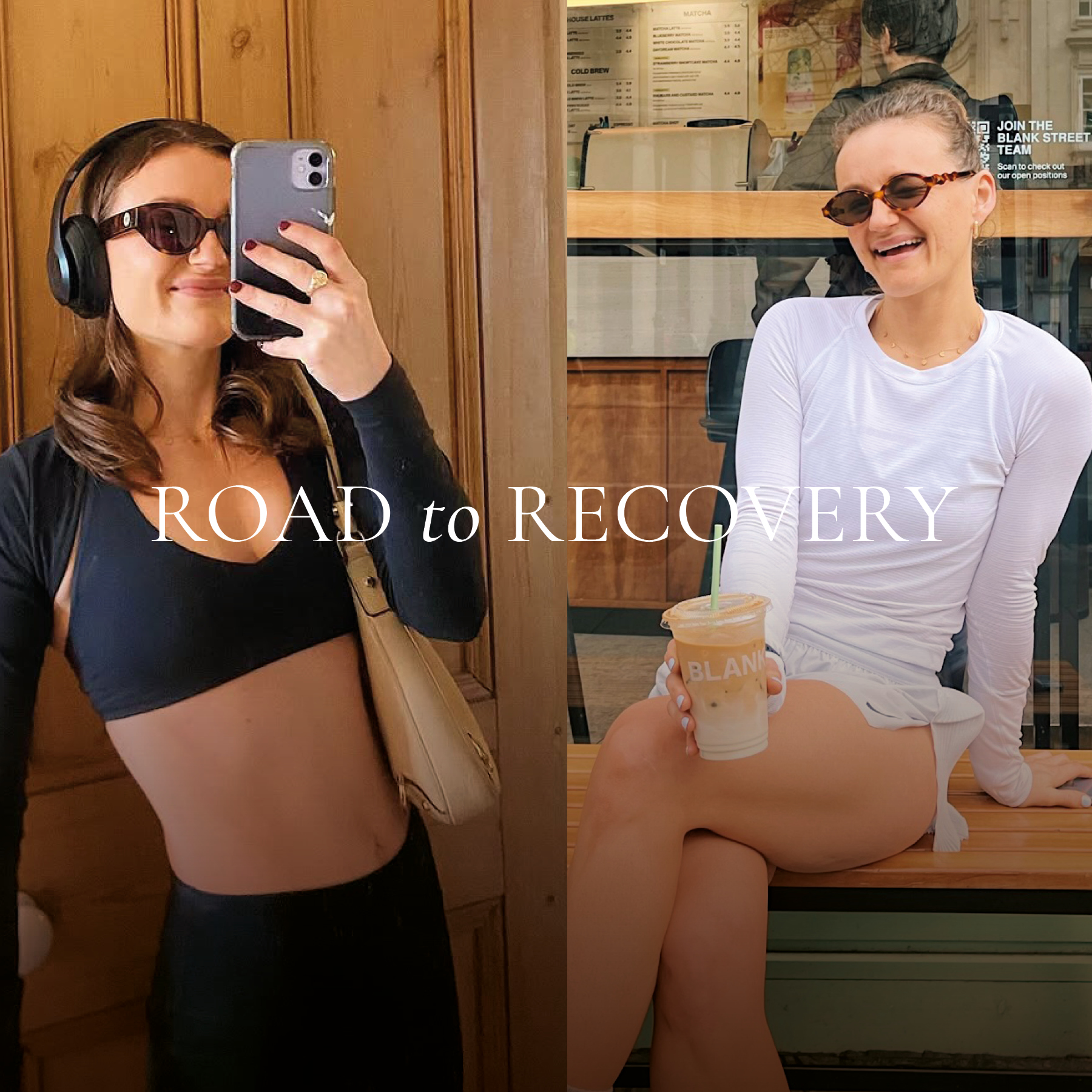 Road To Recovery: I'm a Health Editor and marathon runner who’s long struggled to make recovery a habit - enter, my lazy girl's guide to R&R
Road To Recovery: I'm a Health Editor and marathon runner who’s long struggled to make recovery a habit - enter, my lazy girl's guide to R&RRecovery is all too easy to skip when you’re busy, but it’s as essential as working out to boost wellbeing - which is where these handy tips come in.
By Ally Head
-
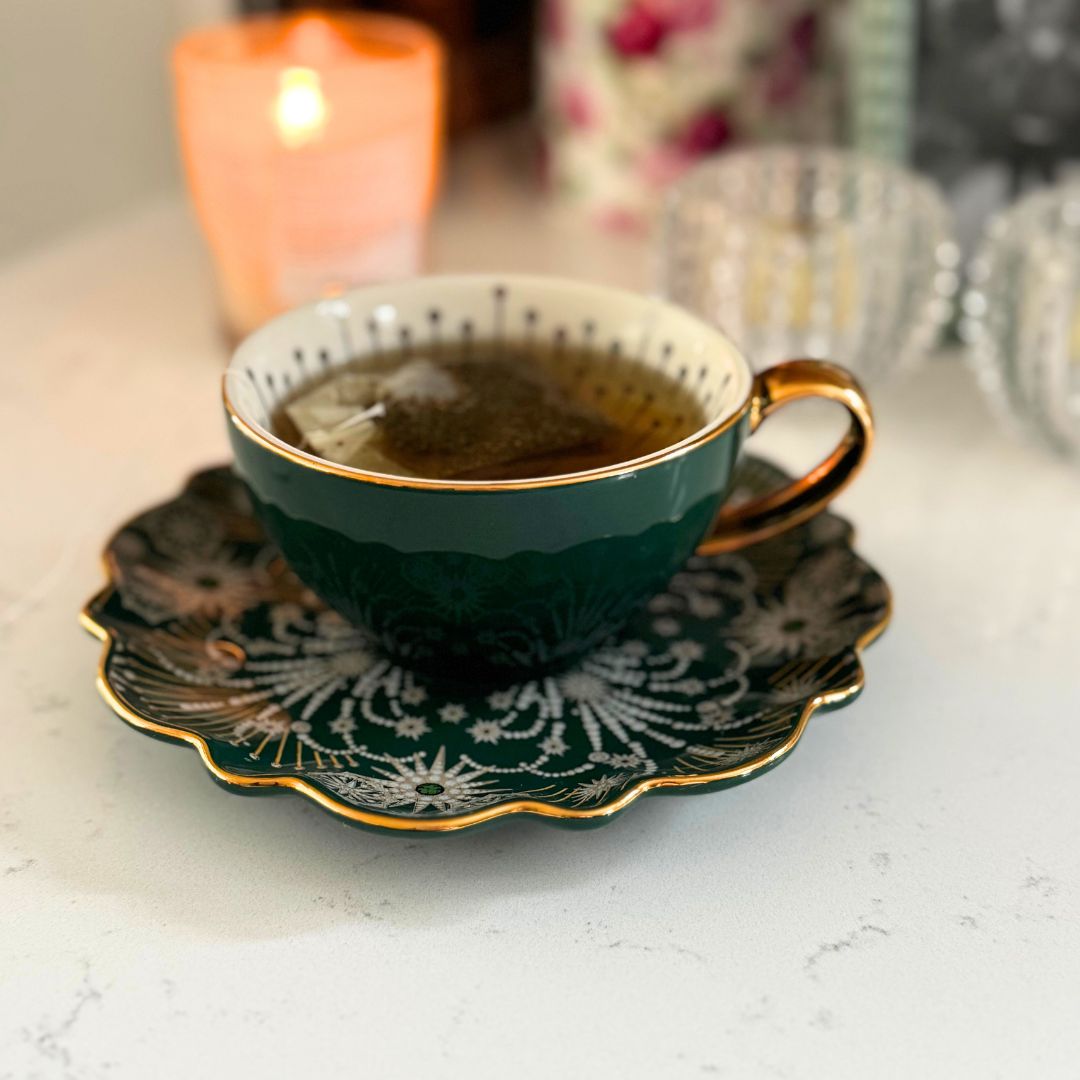 I tried TikTok's lemon balm tea for a week to see if it can really help to reset your nervous system - my honest review
I tried TikTok's lemon balm tea for a week to see if it can really help to reset your nervous system - my honest reviewSit back and pour yourself a cup of calm.
By Anna Bartter
-
 The entire UK seems to be obsessed with saunas RN - 9 benefits to know about, if you're considering giving them a go
The entire UK seems to be obsessed with saunas RN - 9 benefits to know about, if you're considering giving them a goEnter your Scandi girl era.
By Anna Bartter
-
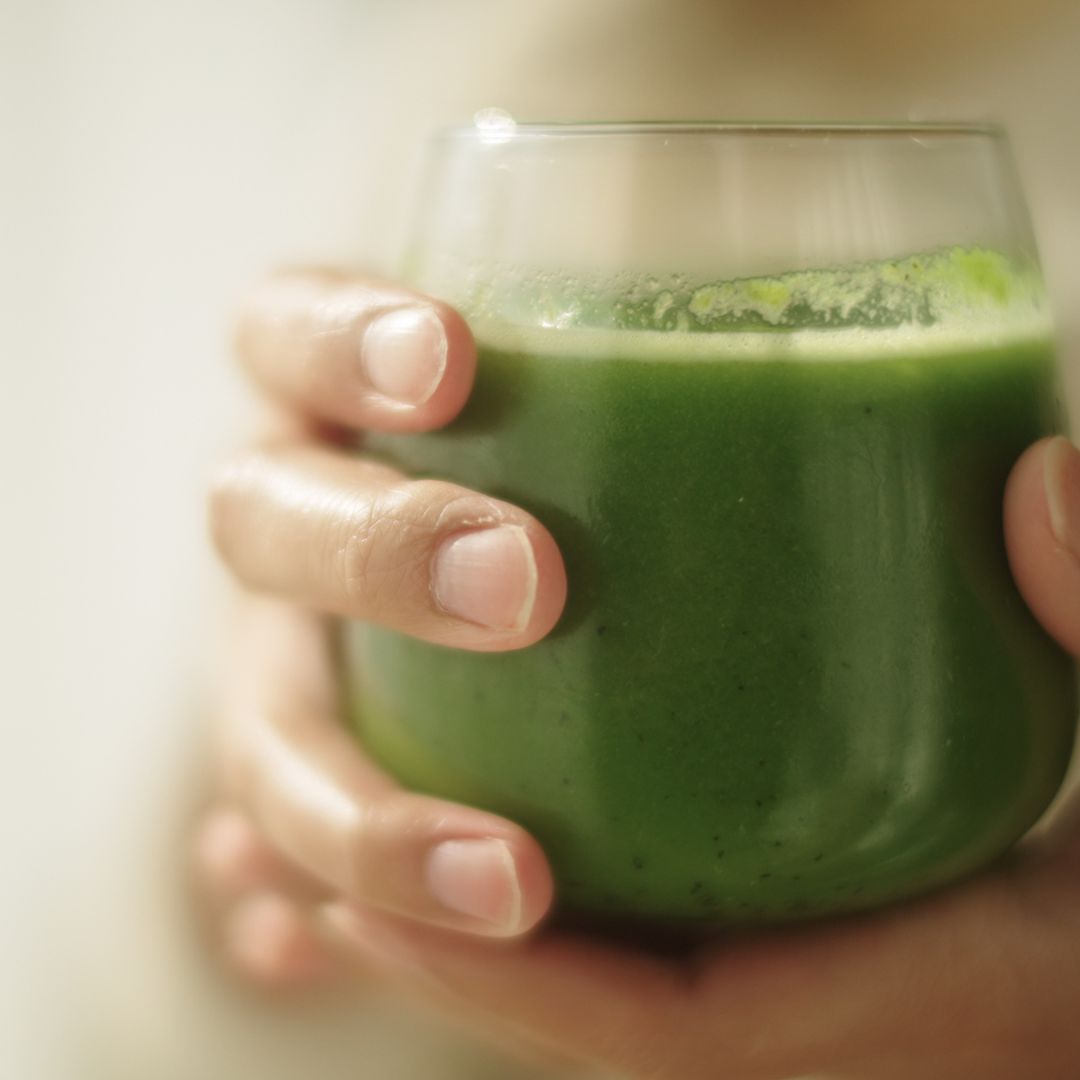 10 common nutrition myths a registered dietician swears they'd never follow - and wants you to avoid, too
10 common nutrition myths a registered dietician swears they'd never follow - and wants you to avoid, tooYou might find these surprising...
By Katie Sims
-
 Wellness Escapes: I went to Bali in search of winter sun, I came home with a new lease of life
Wellness Escapes: I went to Bali in search of winter sun, I came home with a new lease of lifeThis White Lotus-style sanctuary taught me how to relax
By Mischa Anouk Smith
-
 As Mel Robbins' Let Them theory gains global traction - how the simple tool promises to transform your life
As Mel Robbins' Let Them theory gains global traction - how the simple tool promises to transform your lifeNot to mention, help you take back control.
By Katie Sims
-
 I tried Jennifer Aniston's 80/20 approach to wellness - and can't tell you how refreshing I've found it
I tried Jennifer Aniston's 80/20 approach to wellness - and can't tell you how refreshing I've found itIt's all about balance.
By Katie Sims
-
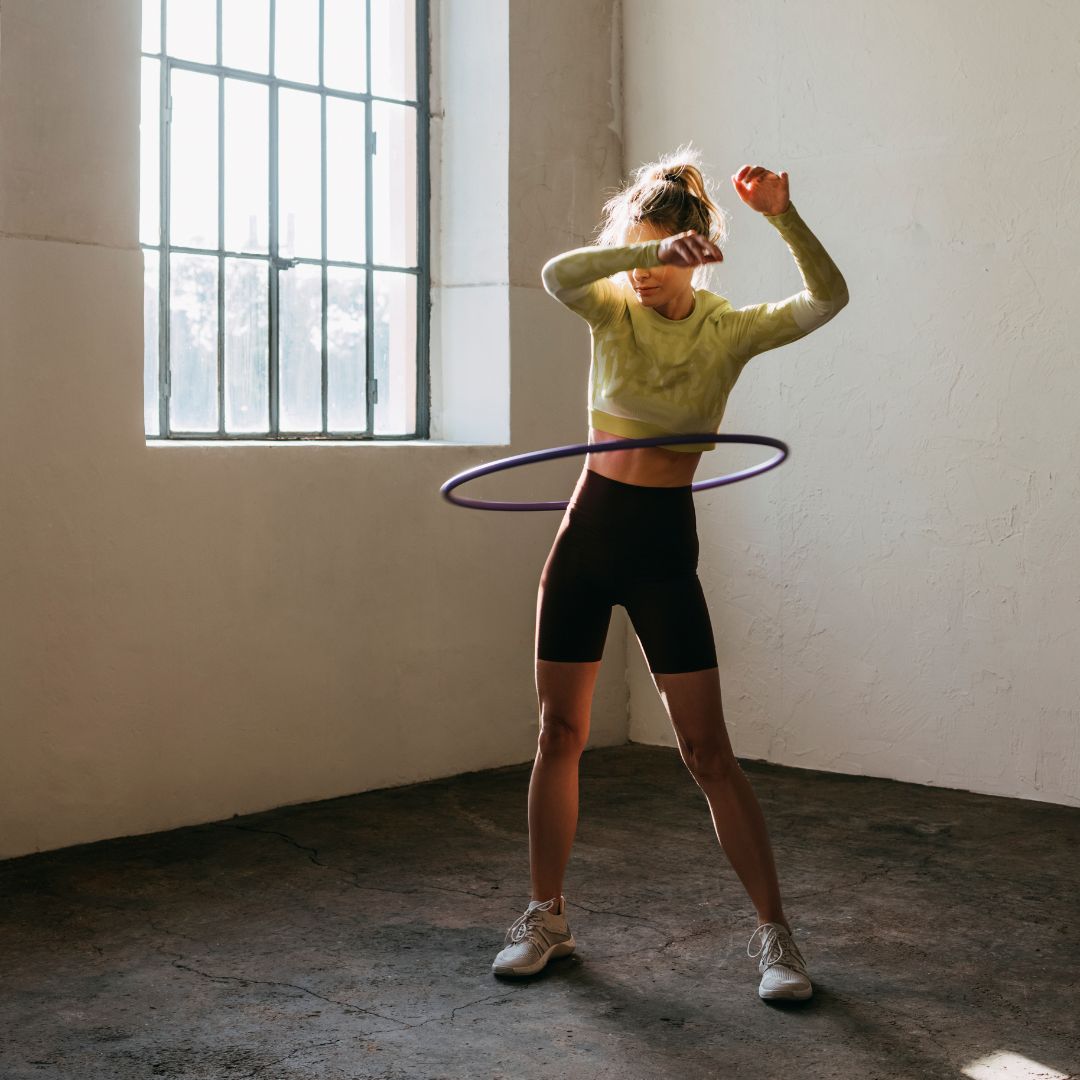 It's one of the most fun home workouts you can do: 6 best exercise hula hoops to add to your fitness regime
It's one of the most fun home workouts you can do: 6 best exercise hula hoops to add to your fitness regimeThey're very affordable, too.
By Amelia Yeomans